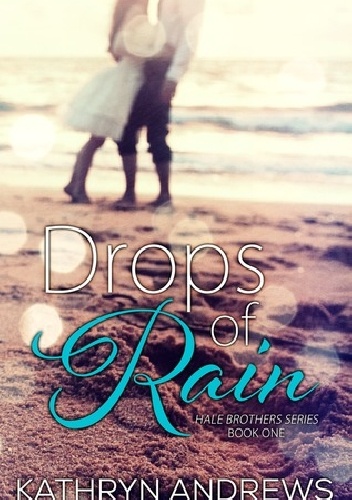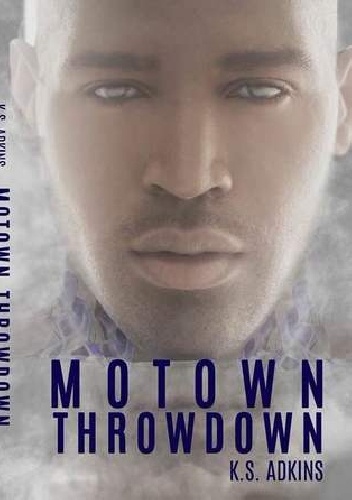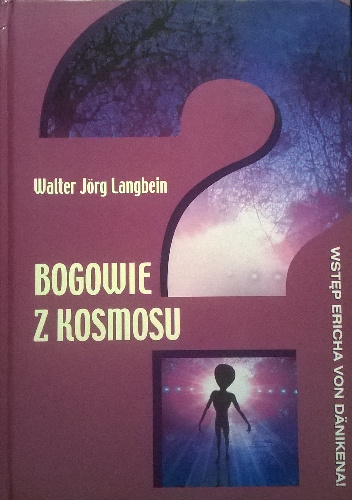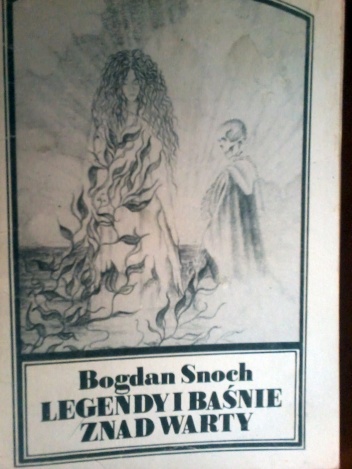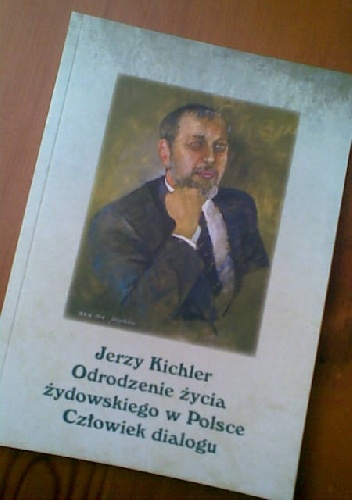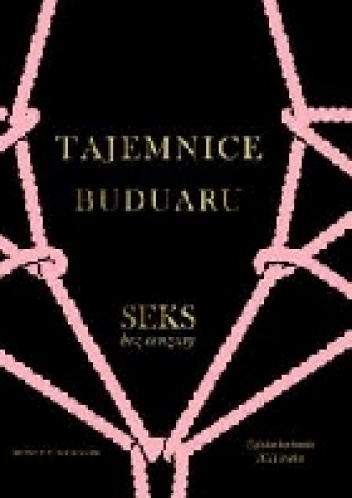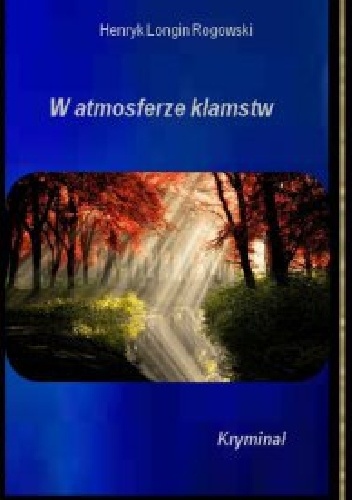
Recovery and transcendence for the contemporary mythmaker the spiritual dimension in the works of J.R.R. Tolkien
Christopher Grabowski
[Recovery and Transcendence for the Contemporary Mythmaker] is one of the most persuasive and open-minded of the various appropriations of Tolkien to a religious or spiritual meaning. [...] At its heart is the anti-reductionist psychological/religious theory of the concentration camp survivor, Viktor Frankl. Frankl explains human motivation primarily as a quest for meaning, a response to the 'pull' of discerned values, rather than as wholly determined by the 'push' of instinctual drives: through this quest, human 'growth' is possible even in the most dire circumstances. Such features of Tolkien's work as his theory and practice of 'eucatastrophe', the morally fitting happy ending in the face of great adversity which vouchsafes a glimpse of transcendent joy, and his conception of art as a mode of 'recovery', whereby the too-familiar known world is seen afresh 'as we were meant to see it', are assimilated to Frankl's view, as is the exploratory, developmental, 'dialogic' quality of Tolkien's myth-making. But Garbowski draws on many sources, from folklore to Hollywood, and ranges widely through Tolkien's writing, alert always to the ethical and spiritual implications of the protagonist's predicaments. The book is of additional interest as an example of the significant response to Tolkien in Eastern Europe, a response based on his celebration of small, imperilled homelands and his sombre awareness of contemporary evil, as well as on his implicitly Christian values. źródło opisu: Maria Curie-Sklodowska University Press, 2000
Szczegółowe informacje
Dostęp do plików ebook pdf i innych części strony jest dla zalogowanych użytkowników! Zaloguj się przez Facebooka lub zarejestruj się klasycznie sposób poprzez podanie swojego mail. Pamiętaj, aby podać poprawny adres e-mail!

